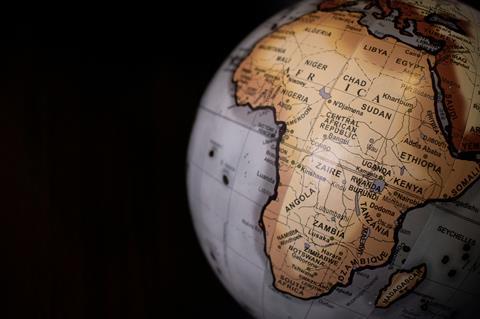British International Investment (BII), the UK government’s development finance institution, has flagged that its investment in Safaricom Telecommunications Ethiopia (STE) is already having an impact in the newly liberalised market, as economic headwinds continue to challenge the operator.
A new report, written by Analysys Mason on behalf of BII, finds that mobile services are less expensive and available to more people since STE launched its network in October 2022, after winning a mobile licence in May 2021 that sparked telecoms competition in the country for the first time (Vodafonewatch, #193, #200, and passim).
State-owned incumbent Ethio Telecom has reduced the price of mobile data packages by approximately 70% since 2017, while STE dropped prices by between 50% and 70% across its offerings in its first year of service, according to the report.
Before the Ethiopian government opened the market to competition, the country had the highest mobile data prices compared to the report’s six “benchmark” nations: Egypt, Kenya, Nigeria, Sudan, Tanzania, and Uganda. Today, data pricing is “in line” with these markets.
As for network availability, the report finds that 4G coverage has doubled in Ethiopia since STE entered the market, but it remains the lowest of the benchmarked countries.
As of the end of March, STE’s network had 2,806 sites covering 38% of the population, of which 1,466 sites were built by the operator and 1,340 are collocated through network sharing arrangements and leased from Ethio Telecom. The operator has said it is on track to meet its licence obligation of 55% population coverage by June 2024, but has not updated since that deadline passed.



No Comment Found.